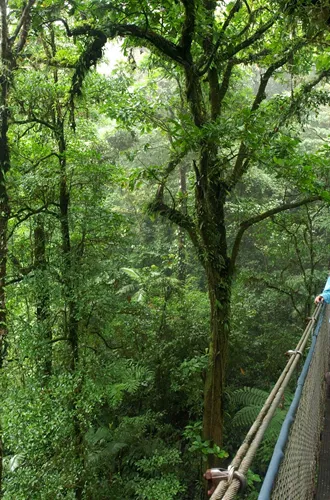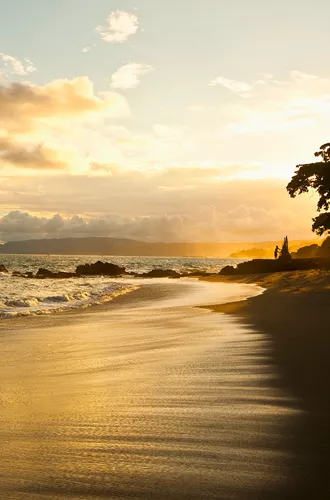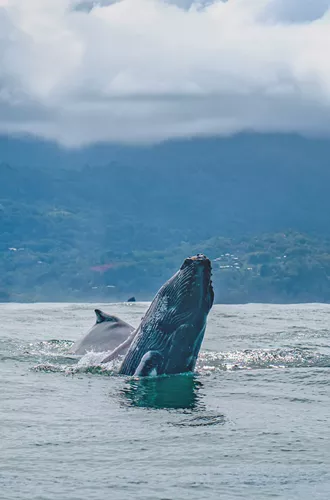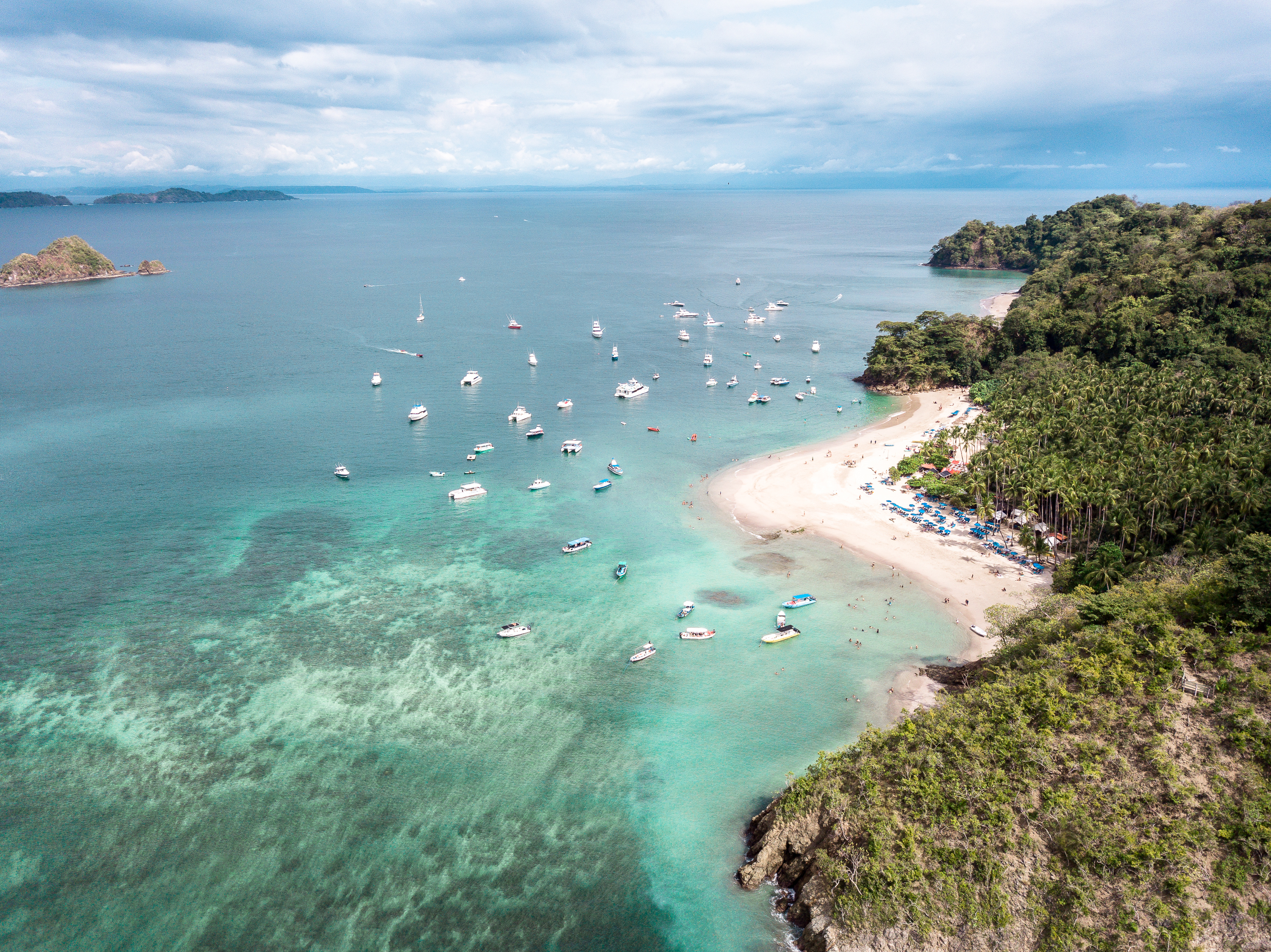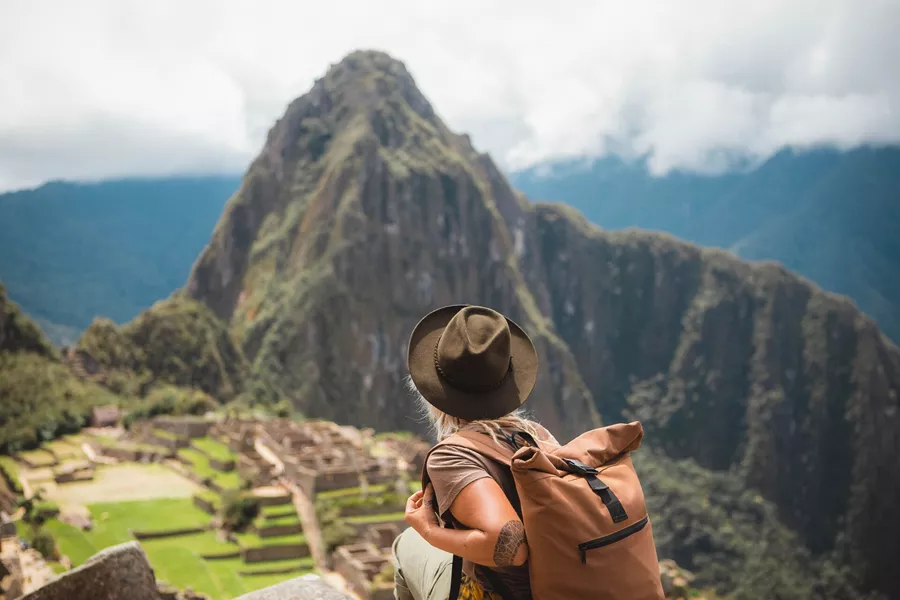Country Code for Costa Rica: +506
Official Travel advice visit:
Costa Rica Travel Advice & Safety | Smartraveller (Australia)
Safe Travel NZ | Costa Rica (New Zealand)
Emergency Services: 911
Australia has a consulate in San José, headed by an Honorary Consul. The consulate provides limited consular assistance to Australians in Costa Rica. The Consulate can conduct passport interviews and provide provisional travel documents for emergency travel to the nearest Australian embassy. The Consulate cannnot issue Australian passports. You can get full consular assistance from the Australian Embassy in Mexico City.
Australian Consulate, San José
Grupo Nueva, 1st floor Avenida 5, General Cañas,
San José, Costa Rica
Phone: (+506) 40818008
Email: aushonconsul.costarica@gmail.com
Australian Embassy, Mexico City
Ruben Dario No 55 (Polanco) Col Bosque de Chapultepec., C.P.
11580 Mexico D.F. Mexico
Phone: +52 55 1101 2200
Email: consularpassports.mexico@dfat.gov.au
New Zealand Embassy Mexico City, Mexico
Jaime Balmes No 8, 4th Floor, Los Morales, Polanco, Mexico D.F. 11510
Telephone: +52 55 5283 9460
Email: nzmexico@mfat.govt.nz


